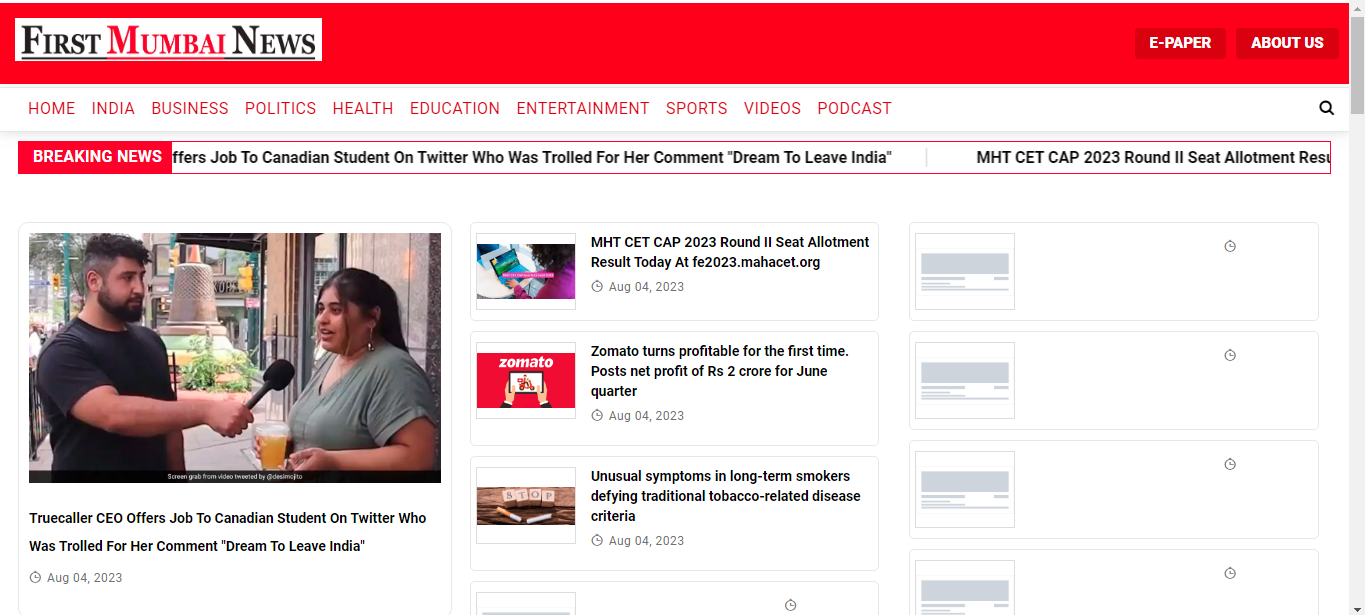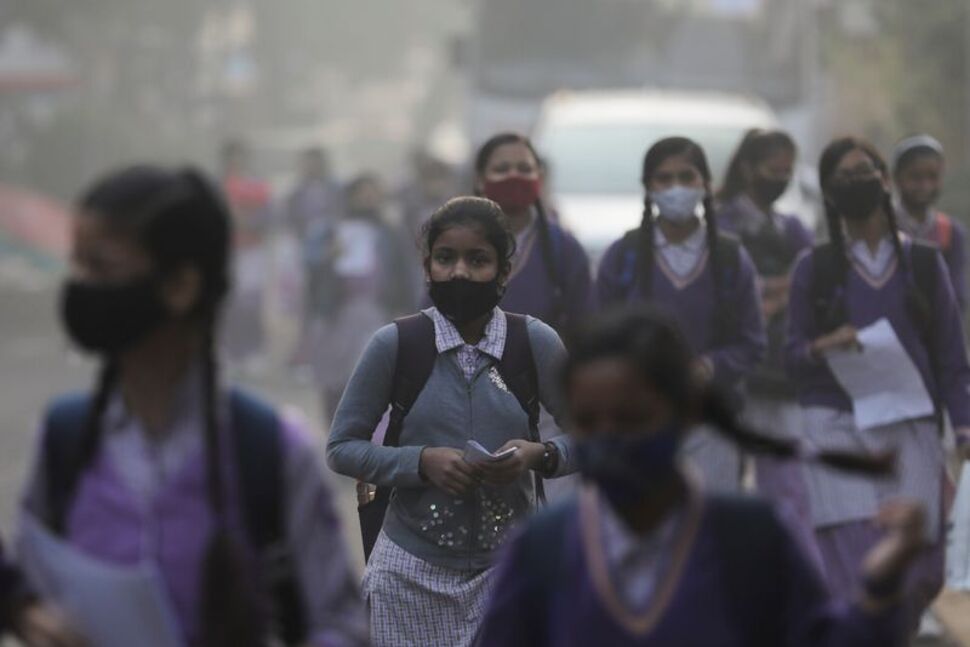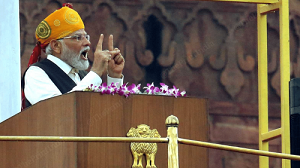
POLITICS
Why CM Khattar wants Haryana MLAs to break boundaries, conduct Jan Samvads outside their own turf
- Admin
- Oct 19, 2023

Why CM Khattar wants Haryana MLAs to break boundaries, conduct Jan Samvads outside their own turf
Two months after an ‘open darbar’ ban for legislators, the Haryana CM has directed BJP MLAs to hold at least 5 public grievance meetings in constituencies other than their own.
Haryana Chief Minister Manohar Lal Khattar has directed BJP MLAs in the state to conduct a minimum of five Jan Samvad meetings to address public grievances. But there’s a twist: the MLAs have to conduct these meetings outside their own constituencies.
This development, notably, comes just two months after the Khattar government officially prohibited MLAs from convening “open darbars” or arranging meetings with government officials.
The change in policy was communicated to MLAs Tuesday, a day after Khattar met with Prime Minister Narendra Modi.
According to Praveen Attreya, media secretary to the Haryana government, the MLAs have been instructed to select assembly segments other than their own for these Jan Samvad meetings so that the government can reach out to the maximum number of people.
The decision, he said, aims to expand the government’s outreach and connect with a broader cross-section of the population in order to better understand their concerns.
“The MLAs have been told to hold a minimum of five meetings, though they can hold more if they wish. They will be accompanied by local officials to redress people’s grievances on the spot,” he added.
However, the directive for MLAs to step outside their own constituencies to hold grievance meetings raises questions. Would it not lead to MLAs encroaching on each other’s turfs and potentially causing political tensions?
Dura Ram, a BJP MLA representing Fatehabad, explained that the reason behind this directive is to allow the BJP to expand its influence, even in constituencies held by MLAs from other parties.
“The BJP has only 41 MLAs in the 90-member state assembly. We have 49 constituencies where the MLAs are either from other political parties or they are independents. We have been asked by the CM to concentrate on all the 90 assembly seats,” he said.
Haryana-based political analyst Pawan Kumar Bansal offered another reason for the move too.
“MLAs often have a good idea of who supports them and who opposes them in their own areas. When an MLA conducts a meeting in their own constituency, it tends to attract their supporters. They may not pay much attention to the grievances of their opponents, and those opponents might be reluctant to approach the MLA,” he said.
“However, when neutral MLAs hold Jan Samvads, there’s a better chance that those who disagree with the local MLA will attend these meetings and voice their grievances. This provides the party with a valuable opportunity to understand why some constituents are dissatisfied and address their concerns,” he added.
Authentic insights, Bansal pointed out, would be valuable for the party ahead of the 2024 parliamentary and assembly polls.









